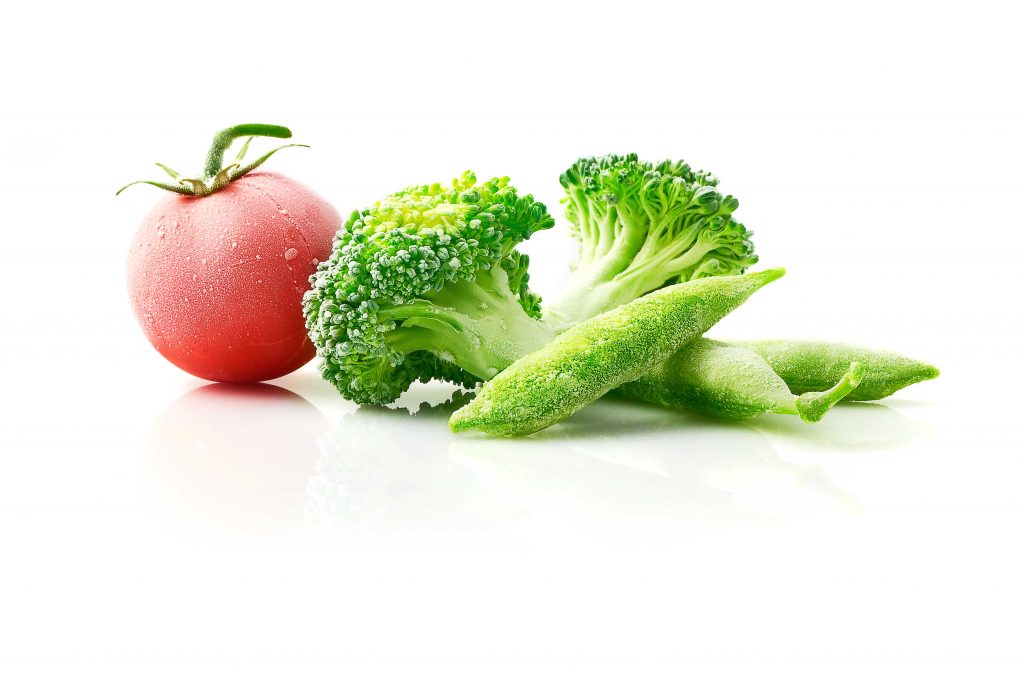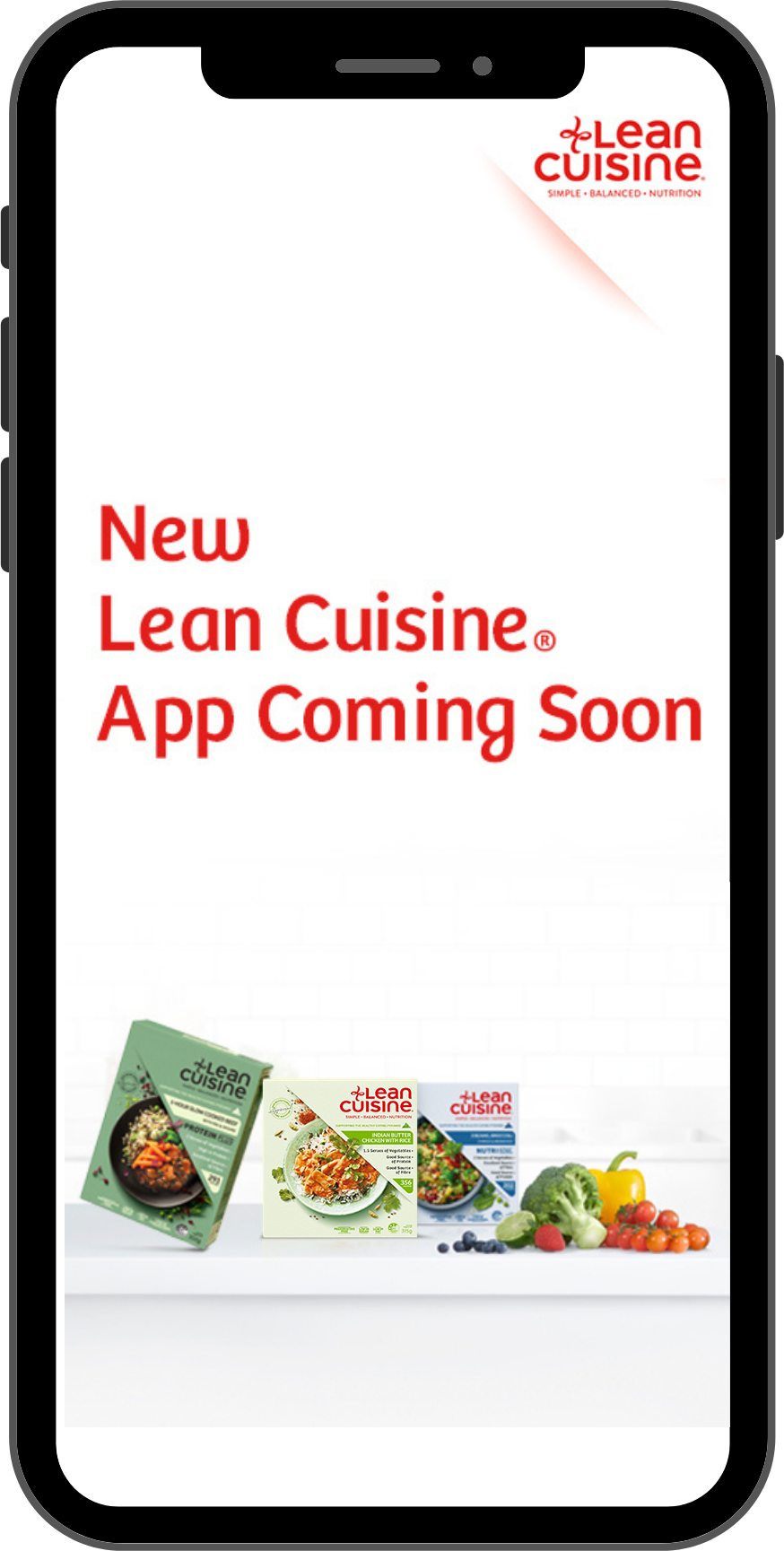
In both natural and processed foods, there can be some ingredients or naturally occurring nutrients that we do need to be mindful of when it comes to our overall health and well-being. Some of these nutrients may be stored in the body, or cause harm if consumed in excess. Here are some of the key ones to be aware of.
There are some sugars that occur naturally in foods including lactose in milk and yoghurt and fructose in fruit. There is no need to worry about these natural sugars.
The sugars to be mindful of are added sugars. Added sugars may come from a range of sources including glucose, syrups, honey, sugar, rice starch, fruit gums and dextrose. Minimising our intake of discretionary foods that can be high in added sugar is important. The World Health Organisation recommends we eat less than 25g or 6 teaspoons per day. Checking nutrition labels and aiming for <10% sugar or <5g of added sugars per serve will help you to keep your intake of added sugar to a minimum.
Fat is composed of different types of fats - saturated fat and unsaturated fat. Any diet will naturally contain a mix of these different fat types which have different roles in the body. From a health perspective we do not need a lot of fat in general, and of the fat that we do consume, it is recommended that we keep our saturated fat to a minimum, as diets higher in saturated fat, especially from processed foods are associated with heart disease risk. For this reason, when choosing foods, aim for options that contain <3g of saturated fat per 100g.
Cholesterol is a type of fat that is found in small amounts in all animal based foods. While we do need to be mindful of how much cholesterol is in our own bloodstream, the cholesterol we consume in food does not automatically create cholesterol in our bodies. For good health ideally we need to consume less than 300mg of cholesterol each day and choosing lean meats and reduced and low fat dairy foods will help to keep your cholesterol intake under control.
Adults need a certain amount of sodium in their diet, which is obtained from the salt we consume in food but too much is related to a number of health issues including an increased risk of heart disease and stroke. It is recommended that we consume no more than 2000mg of sodium each day from packaged and processed food and choosing packaged foods that contain less than 300mg per 100g is an easy way to keep the added salt in your diet controlled.
Nutritionally alcohol per gram contains 27kJ, which make it an energy dense nutrient that can add a significant amount of energy to diet without any other key nutrients which is why alcohol is often referred to as ‘empty calories’. It is recommended that adults consume no more than 2 standard drinks each day with at least 2 alcohol free days each week.
All Lean Cuisine® meals are snap-frozen to lock in the freshness, flavour and nutrients. We freeze our meals as soon as they are
made so they stay fresh and are ready to eat when you are.

Take the guesswork out of healthy eating with the Lean Cuisine® Australia App to create your simple, personalised eating plan.

COPYRIGHT © 2020 VESCO FOODS. ALL RIGHTS RESERVED. PRIVACY POLICY | TERMS AND CONDITIONS